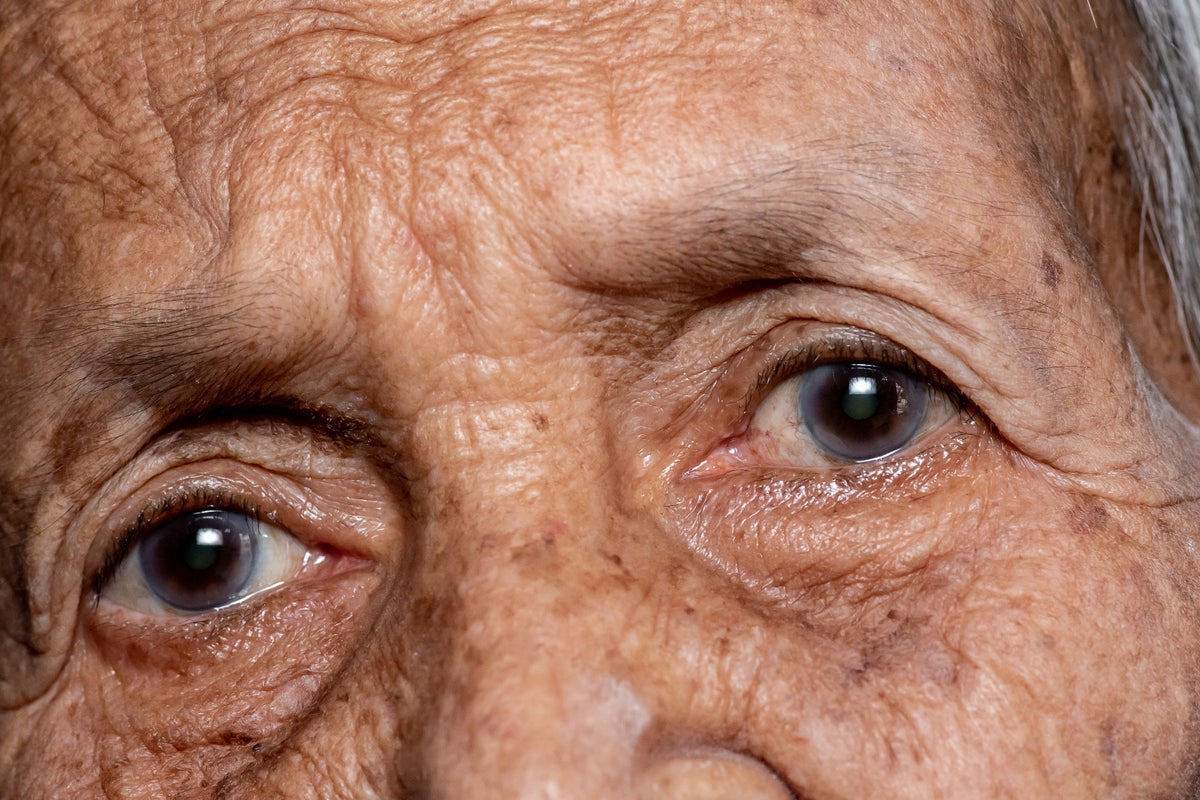
"The study indicates that social inequality and weak democratic institutions are linked to accelerated ageing, alongside environmental factors like high air pollution levels."
"Education emerges as a key protective factor against faster ageing, showing significant influence on rates of ageing across different countries."
"The connection between social and political influences on ageing provides insight into varying ageing rates globally, potentially informing health strategies."
"Political polarization and uncertainty create a pervasive sense of despair, which has long-term health impacts contributing to the ageing process."
Social inequality and weak democratic institutions are linked to faster ageing, along with environmental issues like high air pollution. Education is identified as a crucial factor that protects against accelerated ageing. Other health-related factors such as high blood pressure and heart disease also contribute to quicker ageing. The study highlights how social and political aspects can influence ageing rates across different nations. This research involved a large dataset from 40 countries and utilized machine learning to predict chronological and biological ages, providing a comprehensive global perspective on these influences.
Read at www.nature.com
Unable to calculate read time
Collection
[
|
...
]